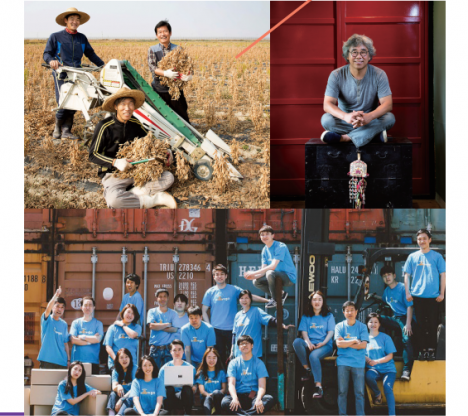
Picture credits: Gsef.net.
South Korea was one of the world’s poorest countries in the 1950s. Today, it has the tenth-largest gross domestic product in the world. Korea’s conglomerates, which control two-thirds of all Korean exports, also played a major role in catalyzing the Korean financial crisis in 1997. Facing this crisis, new social economy movements emerged in Korea, not only as an immediate response to the neoliberal economic crisis, but also as a visionary long-term alternative for building a different kind of economy. Over the past quarter century, a second economy, known variously as the “social economy” or “social and solidarity economy (SSE)”, has emerged.
Cooperatives are an integral part of the larger SSE and the passage of the 2011 Framework Act on Cooperatives (FAC) played a critical role in the expansion of a solidarity economy in Korea. Before the FAC, it was hard to launch a cooperative at the grassroots level because forming a cooperative required at least 200 members and a capital of $300,000. The FAC reduced the minimum required number of people to five and established a simple process to apply for cooperative status, which only requires residents to submit articles of association to their home city or a related jurisdiction. Read more.
ICA-AP interviewed Ms. Juhee Lee, Manager of the International Team, Sapenet Development
Center, iCoop, Korea (an ICA member) on the Intersection of Legal Frameworks for SSE and
Cooperatives: Perspective from the Republic of Korea as part of COOP Dialogue 1. The audio interview can be accessed on ICA-AP's YouTube Channel.



